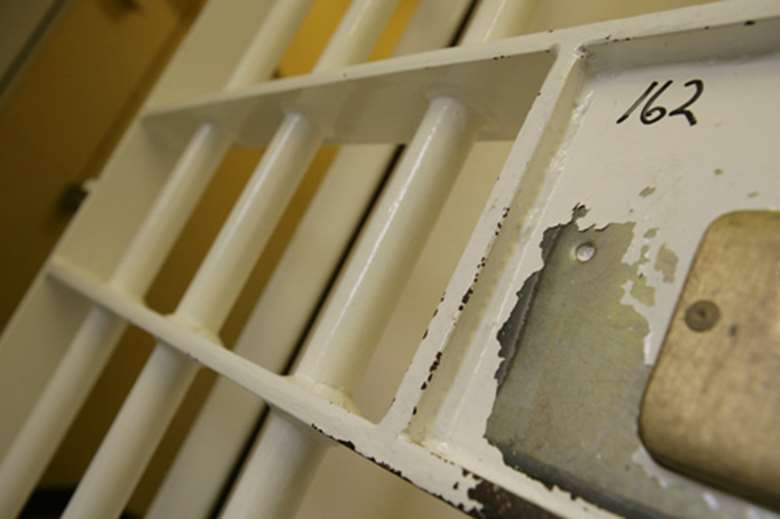Scottish criminal justice system ‘punishes vulnerable'
Joe Lepper
Wednesday, December 19, 2012
Children who have been excluded from school by the age of 12 are four times more likely to spend time in prison in adulthood, according to research by Edinburgh University.

Academics working on the Edinburgh Study of Youth Transitions and Crime, which is tracking 4,000 people who started secondary school in the city in 1998, also found that those who had been in residential care by the age of 12 were four times more likely to end up in custody as an adult.
The study found that the young people most likely to be excluded from school were boys, children living in single parent families and those in the city’s poorest communities.
In addition, young people who left school at 16 were found to be three and a half times more likely to have a criminal record than those that went on to further education.
Professor Lesley McAra, head of Edinburgh University’s law school, says the findings show that “the Scottish criminal justice system serves to punish poverty, social marginalisation and individual vulnerability as much if not more so than serious offending”.
She added that the research showed that children’s services interventions did little to improve young people’s life chances.
“For the most vulnerable children who are identified as presenting the greatest risk at an early age, our research shows that agency contact does not lead to desisting from offending and diminished risk but rather grooms the children for later imprisonment,” she said.
“Youngsters labelled by teachers as being troublesome or disruptive at 13 had more than three times greater odds of being excluded as those without such labels, whether or not their bad behaviour had diminished in seriousness or frequency.”
Professor McAra called for more ethical ways of supporting young people at risk of criminality, focusing on improving social justice rather than measures such as exclusion.
Earlier this month members of the Scottish Parliament’s Justice Committee held a round table discussion with children’s professionals and justice experts to discuss the links between school exclusion and offending.
Alan Staff, chief executive of crime reduction charity Apex Scotland, was among those involved in the discussion. He agreed that exclusion is the wrong way to address poor behaviour.
He said: “The majority of people who are excluded then go on to be at an increased risk of criminal activity as it puts them together with other people who are excluded. It’s almost a self-fulfilling process that you end up creating the problem you hope to manage.”
Lisa Mackenzie, policy officer at the Howard League for Penal Reform Scotland, said the research shows that school exclusions are disproportionately used against children blighted by poverty and deprivation “from just a handful of streets in Edinburgh”.
“School exclusion is one of the strongest indicators for the likelihood of ending up in prison,” she said. “The message is clear: if we fail to invest in our most vulnerable young people, we are reconciling them to the revolving door of the criminal justice system.
“Howard League Scotland would like to see a Scotland that tackles the root causes of crime and criminality such as economic and social disadvantage and that supports carefully targeted early intervention to prevent young people from engaging in offending behaviour in the first place.”




